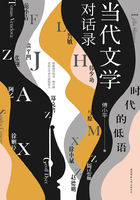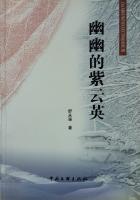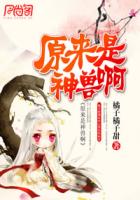The Xia Dynasty is the first dynasty to be described in ancient Chinese historical chronicles. The Xia existed for over 470 years between 2070 BC and 1600 BC. Altogether there were 16 kings spread over 13 generations.
King Jie was the last ruler of the Xia Dynasty.
King Jie was an infamous tyrant in Chinese history. His real name was Gui or Lu Gui. He was later given the pejorative nickname Jie which means “ferocity”. He was a man of great strength. He could straighten a bent iron bar, kill a crocodile with his bare hands and would often hunt and capture bears, tigers and other beasts in the mountain.
During his reign, Jie often made war on vassal states and was extremely tyrannical in his rule. He was a libertine, who sought only enjoyment, ignoring the welfare of the people. He ordered the construction of a palace in Luoyang, which took thousands of slaves seven years to build.
King Jie was a monarch addicted to debauchery, especially in the area of sex. In the 33rd year of his reign, he embarked on a punitive expedition against the Youshi. In order to sue for peace, Youshi presented him with a great beauty named Mei Xi. Mei Xi liked above all things listening to the sound of tearing cloth and silk. King Jie ordered to please her by levying taxes of cloth and silk on the people across the state. Cloth and silk mountains piled up in the imperial sleeping palace. He ordered the attendants to tear them in order to please the beauty, utterly ignoring the common people who had hardly any clothes to wear.
King Jie was deaf to the wise counsel of good ministers, but promoted treacherous court officials to important positions. Guan Longpang, an official loyal to the state, who advised him to mend his ways, was sentenced to death. King Jie had his four limbs and his head slowly chopped off - an agonizing death.
The only thing that occupied the mind of King Jie was new pleasure and how to savagely oppress and cruelly kill the common people. In his later years, King Jie had no interest in governing the state and instead focused on constructing a wine pool. He called the wine pool his “night palace” and led a licentious aimless existence here along with thousands of men and women. Sometimes, those who got too drunk might fall into the pool and drown.
Under this tyrant, the people suffered great hardship but could do nothing but pray that one day King Jie might be vanquished.
King Jie considered himself the Son of Heaven. Drunk on his immortality, he raved, “The stars in the sky cluster round the sun, while common people on earth prostrate themselves at my feet. The sun in the sky will not die out, and neither shall I.” However, history would mark out a different path for cruel King Jie.
As the Xia Dynasty went into terminal decline, the Shang Kingdom in the lower reaches of the Yellow River grew in power. Seeing the indolence and corruption of the King of Xia, the King of Shang Tang was determined to overthrow and conquer him. Tang acknowledged allegiance to the Xia Dynasty publicly, but in private, he began to strengthen his military forces, in the hope that once the opportunity arose, he could go on the offensive against the Xia.
Tang promoted the able and virtuous minister Yi Yin to a very important position. Yi Yin helped him to make thorough preparations mustering good officers and soldiers. They issued a proclamation listing the crimes of King Jie and led an army to attack the capital of the Xia Dynasty.
Hearing the news, Jie led his army to battle. However, his soldiers and generals were in no mood for fighting, especially when all despised their leader. At the first opportunity, the majority of them deserted.
The Xia army was defeated. King Jie together with Mei Xi escaped in humiliation. He was pursued by the Shang forces, was captured and held prisoner in Nanchao. Unable to cope with the indignity and humiliation King Jie committed suicide by leaping from Nanchao Mountain.
The Xia Dynasty, which had lasted for some 500 years, was brought to a terrible end.















